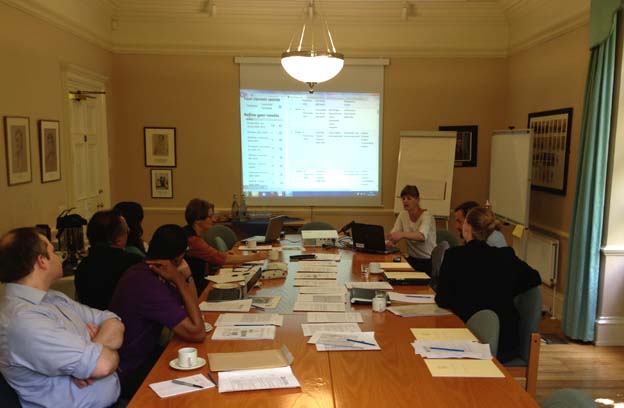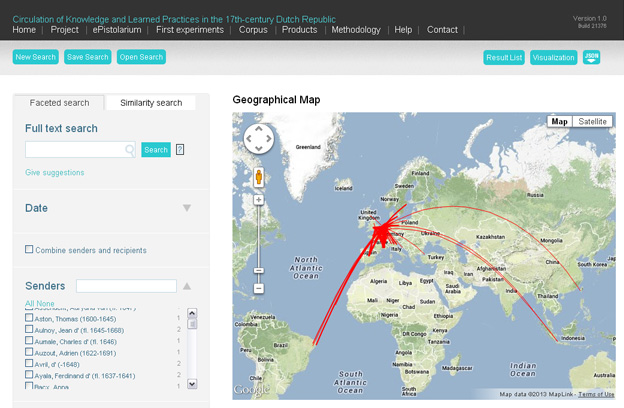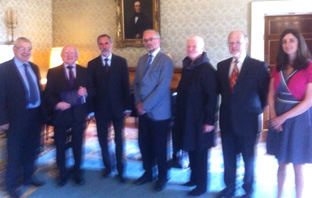UPDATE 16/03/2015: Registration now closed. Watch this space for news of the new COST website.
We are delighted to announce that limited spaces for members of the public have now been released for the forthcoming conference of the COST Action ‘Reassembling the Republic of Letters’! We’d love to see you there!
Conference: Reassembling the Republic of Letters, COST Action Digital Humanities Conference
Date: 12pm Sunday 22nd – Monday 23rd March 2015
Location: St Anne’s College, University of Oxford
Registration fee: £16
Registration: http://www.oxforduniversitystores.co.uk/browse/product.asp?compid=1&modid=5&catid=425
Programme: COST_Conference-Programme_22-23March2015
In order for non-Action members to attend the conference, you must sign up via the link above by Friday 13th March 2015 and must pay the mandatory refreshments fee of £16 to cover lunches and refreshments. You are welcome to purchase the Sunday conference dinner or Monday buffet dinner, and limited accommodation at St Anne’s is also available – please purchase asap via the link above. Please indicate on the registration form if you are not intending to stay for both days, however, the refreshments fee is a subsided flat rate for all delegates, regardless of whether attending for the full 1 1/2 days. Additional accommodation options can be found at http://www.universityrooms.com/en/city/oxford/home.
As of March 2015, 30 countries have joined the COST Action, and over 70 representatives from the fields of history, literature, archival study, digital humanities, IT, librarianship, editing, and design will be gathering in Oxford for the network event. Come and join the conversation!
Further details on the COST network: Between 1500 and 1800, the evolution of postal communications enhanced the capacity of ordinary men and women to scatter correspondence across and beyond Europe. This epistolary exchange helped knit together an imagined community known to contemporaries as the ‘republic of letters’, an international, knowledge-based civil society, crucial to that era’s intellectual breakthroughs, and formative of many of modern Europe’s values and institutions. Ironically, the exchange of letters which created this community also dispersed the documentation required to study it, posing enormous difficulties for historians of the subject ever since. The key insight of this project is that the ongoing revolution in digital communications can provide a fresh solution to the scholarly problems created by the previous evolution of postal communications. This project is therefore dedicated to designing open-access and open-source digital infrastructure capable of facilitating the radically multilateral collaboration needed to reassemble this scattered documentation and to support a new generation of scholarly methods and research questions.
Further details on the event: This multi-faceted event combines Working Group meetings and a public-facing two-day conference, with the aim of providing all participants with a comprehensive and up-to-date understanding of current developments relevant to the network. Running alongside these, a digital humanities Training School will induct newcomers into the current state of the field. The conference is composed of a series of brief ‘flash presentations’, which present problems or developing solutions relevant to some of the key items in each Working Group’s agenda. Please see the conference programme above.
Please note that members of the public can only attend the Conference (i.e. 12pm on Sunday 22nd to the end of Monday 23rd), and not the Training School or Action meetings.
Please direct any queries to cost[at]history.ox.ac.uk.









